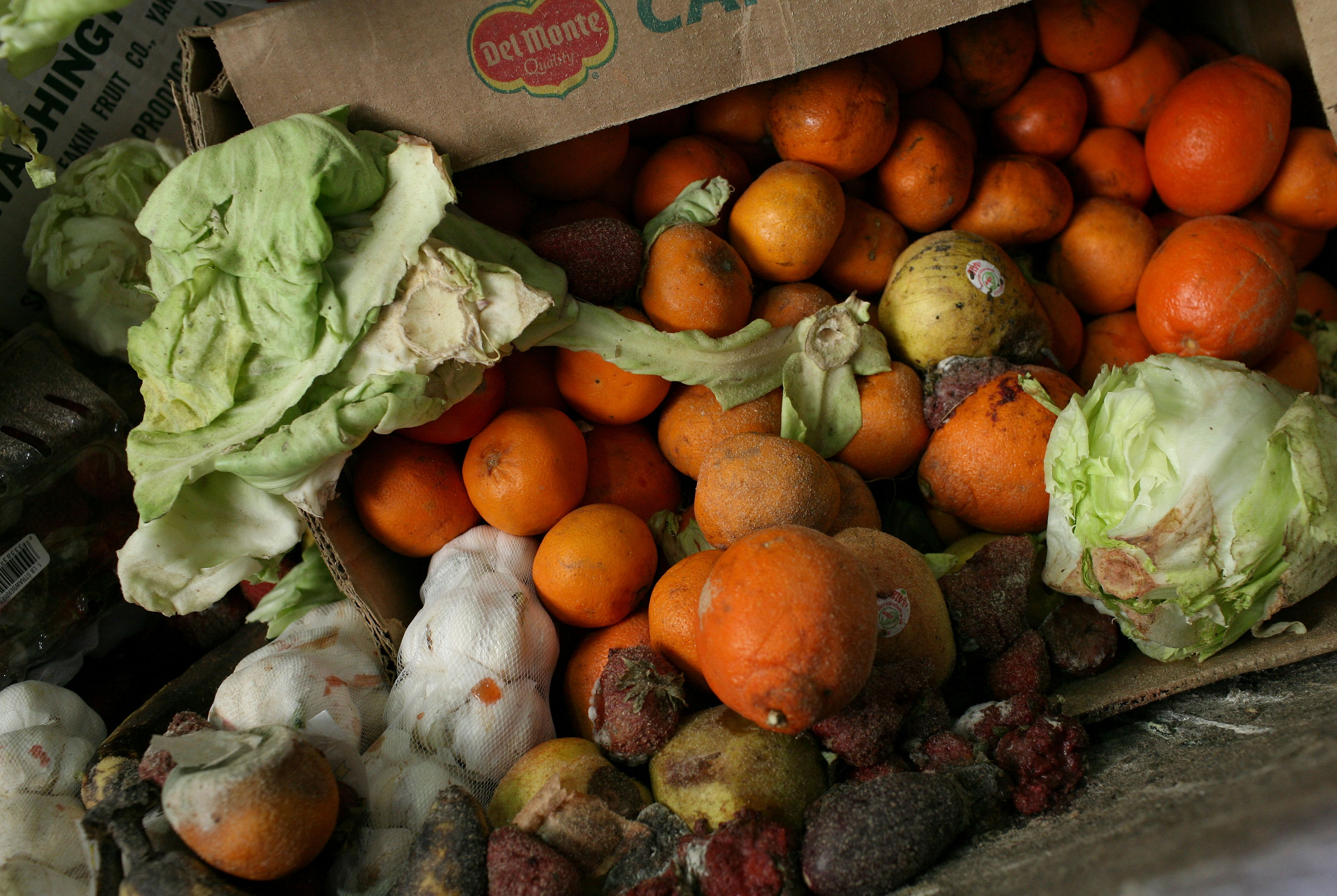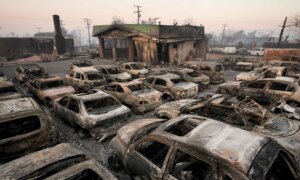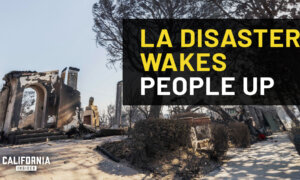SAN DIEGO—While well-intentioned, the first several states attempting to divert food waste from landfills and incinerators posted just a 20 percent success rate, according to a study published Thursday.
The study, published in Thursday’s issue of Science, “was conducted by researchers at the UC San Diego Rady School of Management. They found that of the first five states to adopt food waste bans, Massachusetts was the only one to have shown marked success.”
“We can say with high confidence that the combination of waste bans did not reduce landfilled waste by more than 3%, and that is including Massachusetts, which successfully reduced landfilled waste by 7%—gradually achieving a 13.2% reduction,” said Robert Evan Sanders, assistant professor of marketing at the Rady School and coauthor of the paper. “Essentially, the data suggest that in four out of the five states we studied, these laws did nothing to reduce waste.”
In total, over the last 10 years, nine states have made it illegal for businesses who generate food waste such as grocery stores to dispose of it into landfills or incinerators.
Despite the lack of success, the study’s authors believe there is something to be offered here.
“With food waste around the globe contributing 8 to 10% of greenhouse gas emissions, we certainly don’t think states should abandon these laws, but more action needs to be taken to make them effective,” said Fiorentia Anglou, coauthor of the paper.
While the first five states to implement such bans—California, Connecticut, Rhode Island, Vermont, and Massachusetts—had similarities, where Massachusetts differed is where the authors make their distinction.
According to the writers of the study, The Bay State:
- Has the most food waste processing facilities per square mile of any state, allowing for the waste to be properly be disposed of;
- Has the easiest-to-understand language in its ban of any of the states studied, with the fewest exceptions; and
- Has the most rigorous enforcement, with more than triple the number of inspections per food waste generator of the second closest state, Vermont.
According to the study, the authors compared states with bans to similar states without and projected how much waste would have gone into landfills if not for the bans.
“With most of these laws, about 70% of commercial organic waste would have been illegal to send to landfills,” said Ioannis Stamatopoulos, coauthor of the paper and associate professor at UT Austin’s McCombs School of Business. “If you take all that organic waste out of landfills, it should reduce the amount of waste that’s going into landfills by 10% in some cases, and that should have been something we were able to see in the data but did not.”
The authors note California is making correct moves if the state wants the food waste bans to be more efficacious, including the 2016 passing of Senate Bill 1383, which requires jurisdictions to provide organic waste collection services to residents and businesses alike. It went into effect in 2022.
“Our findings indicate that simply implementing a food waste ban is not enough to achieve significant reductions in landfill waste,” the authors write. “Massachusetts has shown that with the right combination of comprehensive coverage and effective enforcement, these bans can work. It’s crucial for other states to learn from this model and adapt their policies accordingly to meet environmental targets and reduce greenhouse gas emissions.”














